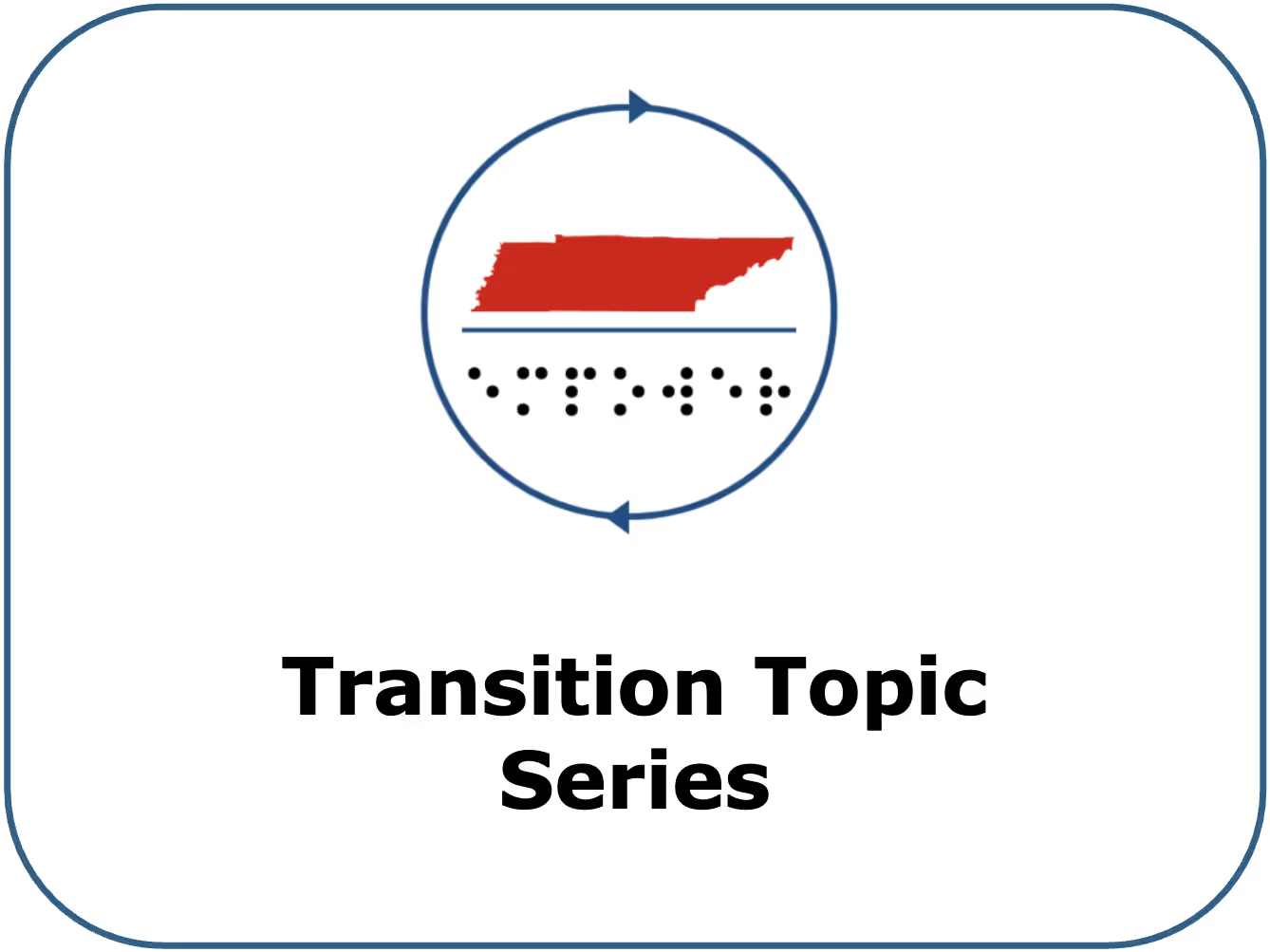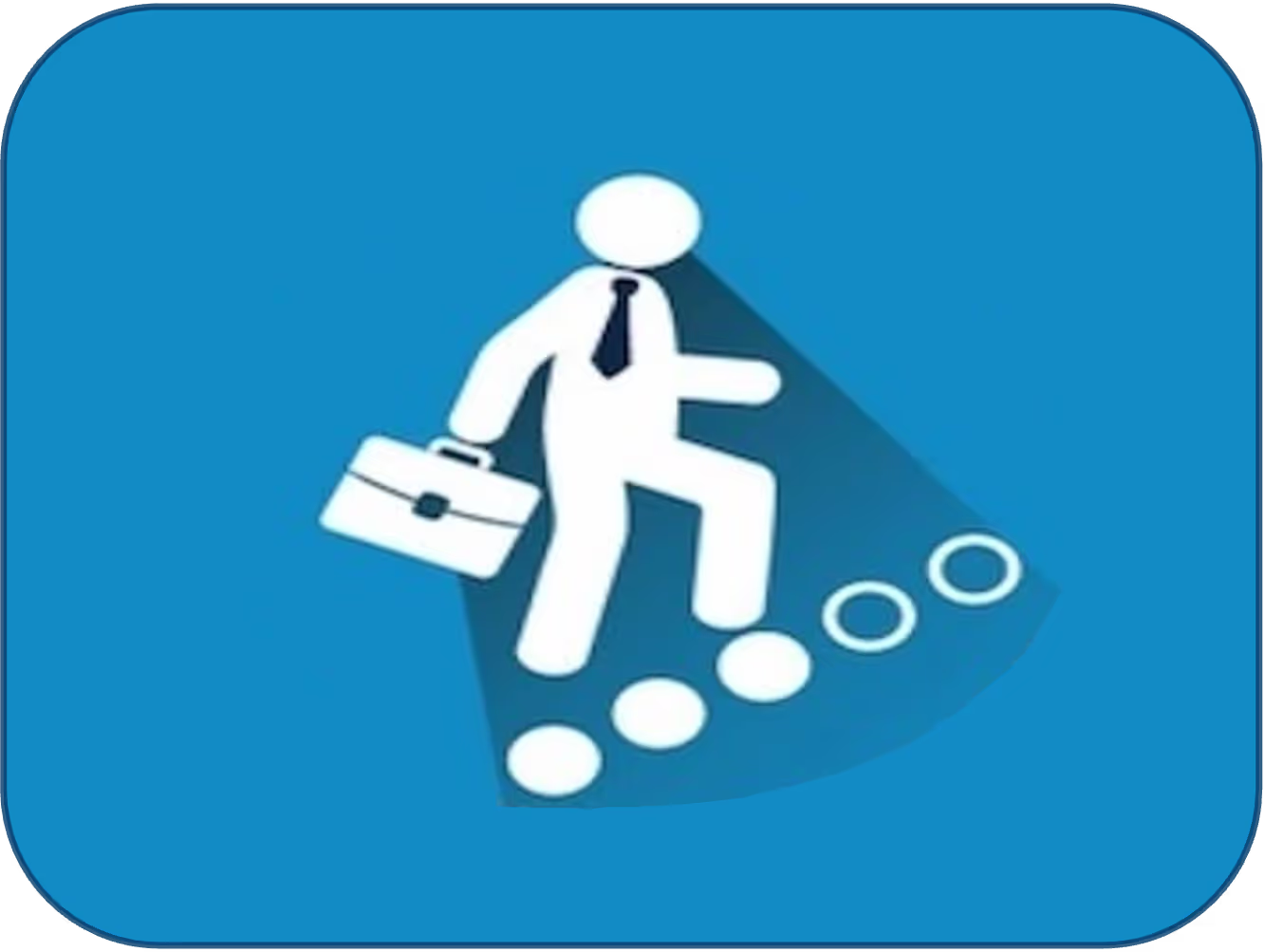The Benefits of Working and Finding Work Definitions There are many benefits to working as a teenager and adult. One of the best ways that you can prepare yourself for a successful career as an adult is to gain some paid work experience while you are in high school, even if it is just during the summer or for a few hours a week.
Some benefits to working a paid job during high school include:
Making money so that you can buy things you would want or to save for the future. Gaining new skills that will help you in your career or adult life. Meeting new people outside of your family or school friends. Getting to know some employers who can serve as resume references or helpful contacts after high school. Learn more about what you would like or would not like in a future career. Contribute to your community. Have fun! Guiding Questions What do you see as the greatest benefits to getting a job now? Do you have any paid or unpaid work experience? Have you ever participated in a job shadow, internship, or interview with a professional? How could you communicate to an adult in your life that you would like to work? What do you think would be a good time for you to work a job? After school? On the weekends? In the summer? What kind of transportation may you use to get to work? What accommodations do you think you will need for a job? What kind of work environment do you think you’d enjoy: quiet and independent, or fast-paced and social? If looking for a job, consider:
What adults in your life (e.g., family, teachers, school counselor, siblings, faith community members) could help you find a job. The types of jobs other teenagers that you know have in your community. Start small and build your skills. Your first job is not necessarily going to be your dream job, and that is okay! Think about where you like to eat, shop, or hang out in your community? Are there work opportunities at any of these places? Is there any work that you could do for family members, neighbors, faith community members, etc.? What are your preferences, interests, strengths, and needs when it comes to work? Where may you find job postings in your local community? Is there a Chamber of Commerce? Are there job fairs available through the local library, community center, or community college? What are the requirements for the jobs in which you are interested? Resources EMPOWER’s student course on self-advocacy and self-determination This resource may help you advocate to others about your goals and needs related to working.
Types of Employment Transition Topic Series Each type of employment has its own benefits and considerations, and understanding the options can help you decide what works best for you.
Employment Accommodations- for Students After completing this course, you will be able to:
Learn about employment accommodations. Identify the laws that support employment accommodations. Understand the accommodation request process in employment settings. Expanding Employment Horizons: Inspiring Futures for Blind and Low Vision Youth This document highlights adult professionals who are blind or have low vision who are working in a range of career fields. We want to help transition-aged youth understand what opportunities are out there and help them consider career fields they may not have considered before.
Employment | National Federation of the Blind (nfb.org) This resource shares upcoming opportunities (e.g., career fairs) and career resources (e.g., the self-advocacy employment toolkit).
disabledPerson This resource is a fully accessible job board with a resume builder available.
Creating a Resume Transition Topic Series This Transition Topic Series focuses on the topic of creating a resume. Within this document you will find definitions, guiding questions, and resources about this topic.





